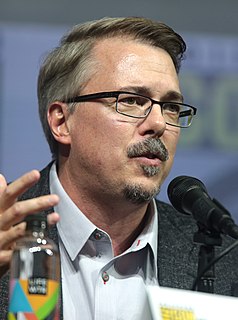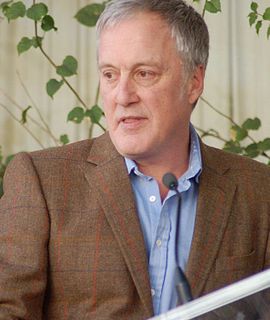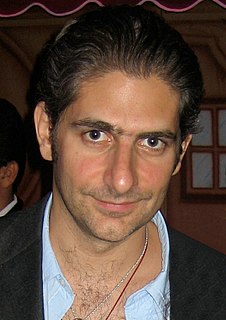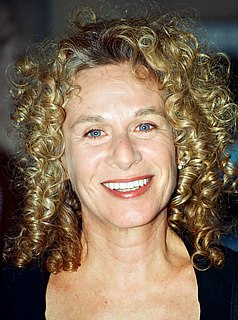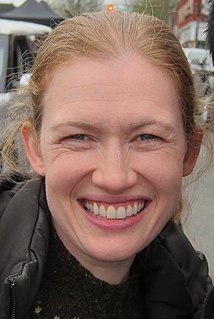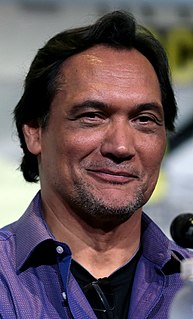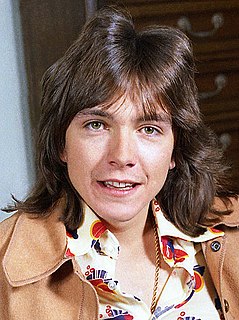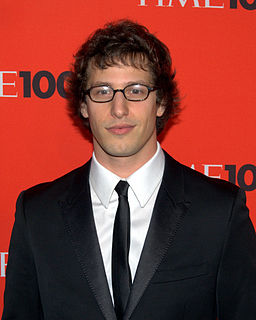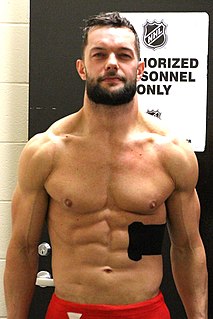A Quote by Vince Gilligan
It's often the case with successful TV shows that they kind of inadvertently live on past their prime. It's best to leave the audience wanting more.
Related Quotes
It's easy to leave people wanting more after the first episode, but it's hard to leave people wanting more after the 24th episode. And it's my job, more than anybody else's, to keep that in mind. One season, in TV terms, is nothing. You need to hit it for three or four seasons, and then you're doing well, in TV terms. Then, you've done your job.
In the '80s, it was difficult and frustrating to appear in the theater and TV again, even though I had some successful shows and hit records. Now, I have to say, the '90s are the best decade of my life. I've done the best work and, in a funny way, I'm enjoying the most success... more than in the '70s.
When you look at the current state of reality TV, at least on the mainstream level, the shows that tend to be more successful have been around for a while. It's difficult today to show the audience something they haven't seen before, and I think that's what tends to be the secret to any great, big reality hit.
I personally think the best ideas for TV shows - at least comedies - are very low-fi ideas. High concepts often sell pitches in movies and TV, but, especially in TV when you're talking about hopefully a 100 or 150 episode proposition, those concepts just burn off, and then you're stuck with nothing.
The big difference I think between tv and stage is definitely the immediate buzz that you get. And that's not just as an actor, as an audience member you're getting the chance to have this kind of two-way process where the actors and the audience are experiencing the same thing. With tv you often have to wait months and months down the line to actually get the pay-off. Whereas with theatre it's a very immediate thing.
